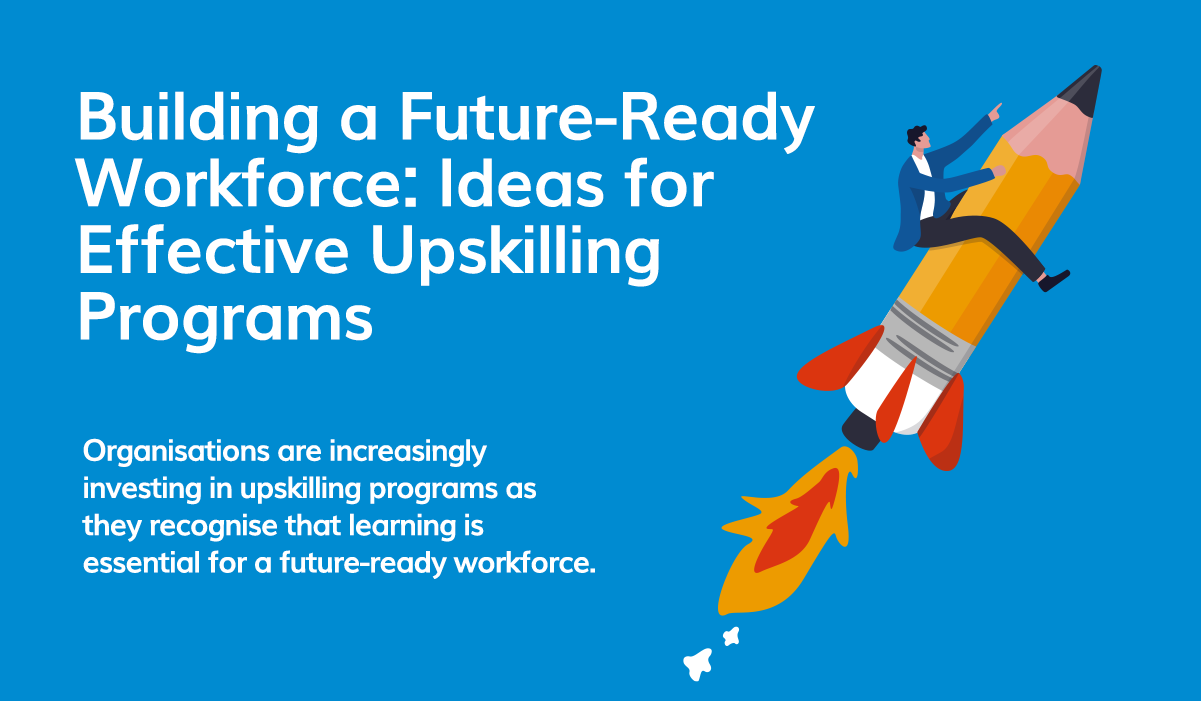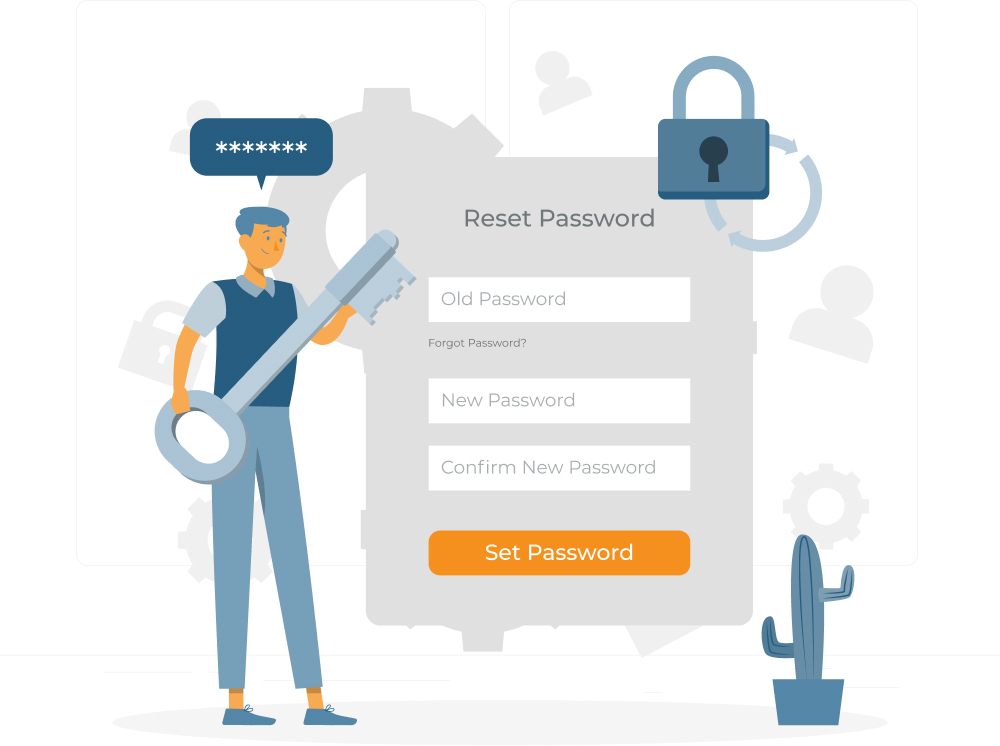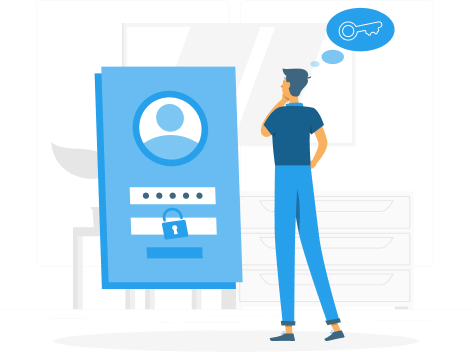As businesses navigate the fast pace of technological advancements (such as AI) and changing market demands, they recognise the indispensable need for a workforce that can adapt and thrive in this fluid environment. Acknowledging this, organisations are increasingly investing in upskilling programs as they see that learning is essential for their team’s growth and development. Let’s explore some strategies that not only keep pace with the demands of the modern workplace but also harness the full potential of assigned learning budgets to build a future-ready workforce.
What makes a future-ready workforce?
Before implementing any upskilling initiative, it’s crucial to assess the existing skills of the workforce and identify the skills that will be needed in the future. This analysis forms the foundation of targeted upskilling programs.
Tailor Training to Individual Needs:
Recognise that each employee has unique skills and learning styles. Personalised training programs that cater to individual needs and career goals can significantly enhance engagement and knowledge retention.
Suggest and encourage courses for your team:
Leverage online learning platforms and online courses to provide flexible, accessible, and cost-effective training. These platforms offer a wide range of courses, allowing employees to learn at their own pace and convenience. Local course offerings have the added value of accountability and offer qualifications which may perhaps be perceived as more valuable.
Promote a Learning Culture:
Foster a culture of continuous learning within the company. Encourage employees to share their knowledge and skills, through team sessions creating a collaborative environment where learning is valued and celebrated.
Mentorship and Coaching Programs:
Pair experienced employees with less experienced ones to facilitate knowledge transfer. Mentorship and coaching programs can provide valuable insights, guidance, and support, accelerating the learning process.
Gamification of Learning:
Introduce gamified elements into training programs to make learning interactive and engaging. Gamification techniques, such as quizzes, challenges, and rewards, can boost participation and motivation among employees.
Stay Updated with Industry Trends:
Keep up-to-date with industry trends and advancements. Incorporate the latest technologies and best practices into upskilling programs to ensure that employees are equipped with the most relevant skills.
Measure and Evaluate Progress:
Implement regular assessments and evaluations to measure the effectiveness of upskilling programs. Analyse the data to identify areas for improvement and adjust the training strategies accordingly and make their workforce future-ready 💪.
Encourage Soft Skills Development:
In addition to technical skills, focus on developing soft skills such as communication, critical thinking, and adaptability. These skills are invaluable in the modern workplace and contribute to overall professional growth.
Provide Career Pathways:
Clearly define career pathways and progression routes within the organisation. Employees are more motivated to upskill when they can see how their learning efforts align with their career advancement.
By implementing these strategies and allocating dedicated learning budgets, businesses can nurture a future-ready workforce – not just adept at current tasks but also primed for the challenges of tomorrow. In doing so, organisations not only invest in their employees’ futures but also secure their own position in the ever-changing landscape of the professional world.
Ready to upskill your team? Discover the new KMP courses platform here.
Share this article with a friend or colleague.


